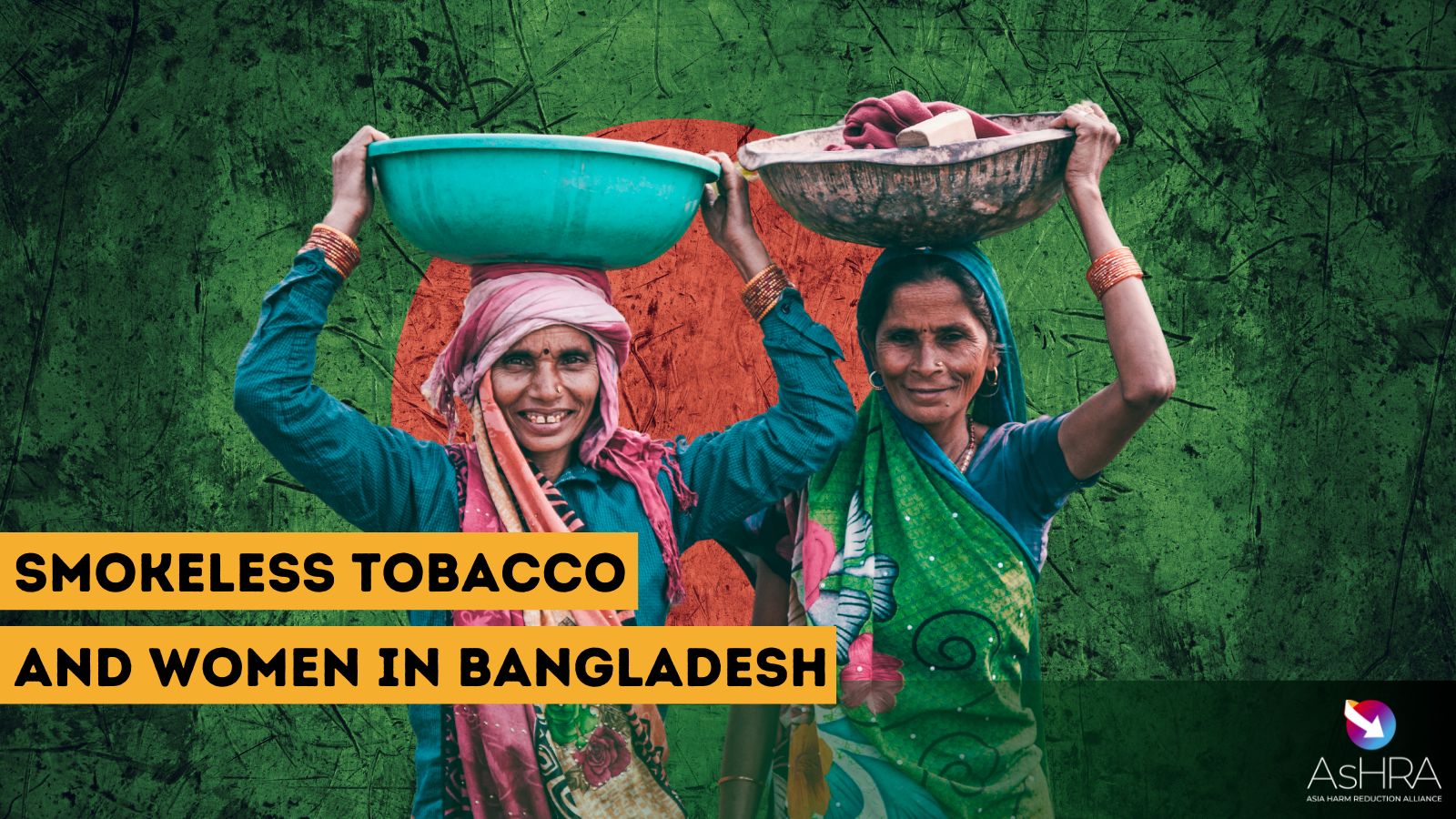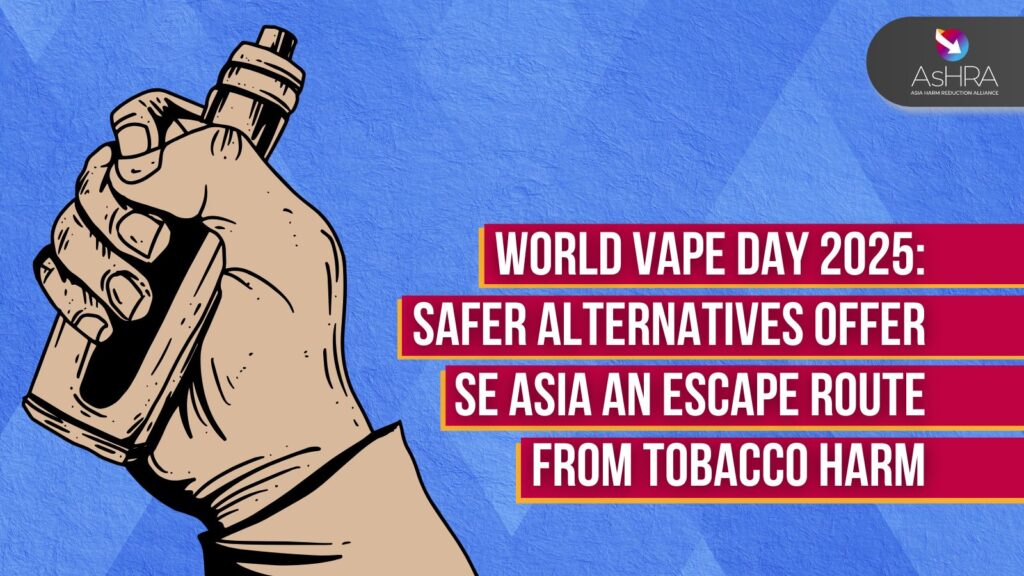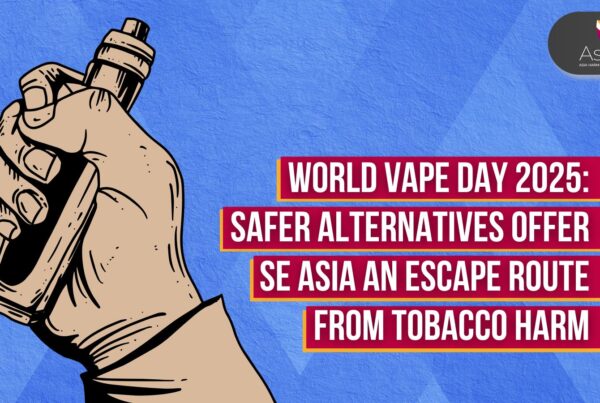Bangladesh is known to have the highest usage of smokeless tobacco among women across the world. These forms of chewing tobacco, including zarda, gul, sada pata and khoinee, are commonly consumed by placing the product in the mouth and sucking or chewing on them.
While smokeless tobacco (SLT) is common among both men and women in Bangladesh (27% of adults over 15 in Bangladesh are found to use SLT products), the statistics associated with women – and what they reveal about the tobacco culture of the nation – are particularly interesting. A 2023 WHO survey found that 28.3% of women in Bangladesh use tobacco. However, only 1% smoke tobacco while 28.1% use SLT products.
While posing lower health risks than inhaling tobacco smoke, SLT products are still a public health concern as long as they contain tobacco – which is their identifying substance. SLT products have been associated with an ‘increased prevalence of heart diseases, stroke and oral cancer.’ Despite such risks, these products remain prevalent among women of various ages and socioeconomic backgrounds across Bangladesh. Such a prevalence can partly be explained by the social and cultural dialogues surrounding the use of SLT products.

These cultural expectations range from social acceptance, gender norms, and peer influence to even be related to expected coping mechanisms during stress. For example, in SLT’s connection to traditional rituals, offering betel quid to guests is a common practice during weddings, festivals, and religious events and is often considered a sign of hospitality and respect.
In responding to these social realities, the tobacco industry has also targeted women in their local marketing – thereby increasing the normalisation and acceptance of SLT use among women.
While SLT products were included in Bangladesh’s Tobacco Control Law in 2013, policies and implementation remain low. Therefore, it is vital that the government urgently increases and fortifies its implementation of restrictions and policies concerning SLT products.
It is just as important that a viable and lower-risk alternative is provided – such as nicotine-based harm-reduced products. These can include nicotine pouches to closely imitate the experience of SLT products.
There is also a need for more research and awareness of the gender-specific implications and connotations of SLT use in Bangladesh. Through such a three-pronged approach, the situation for women in Bangladesh can go beyond awareness and into sustainable change.
Related Posts
 Time to support Filipino vape law, not relitigate it
Time to support Filipino vape law, not relitigate it
Time to support Filipino vape law, not relitigate it
 Greens’ Plan To Legalise Nicotine Vapes Lauded
Greens’ Plan To Legalise Nicotine Vapes Lauded
Greens’ Plan To Legalise Nicotine Vapes Lauded
 Taiwan Vaping Ban Disappointing For Its Many Smokers
Taiwan Vaping Ban Disappointing For Its Many Smokers
Taiwan Vaping Ban Disappointing For Its Many Smokers
More about
Alcohol Harm Reduction
More about





